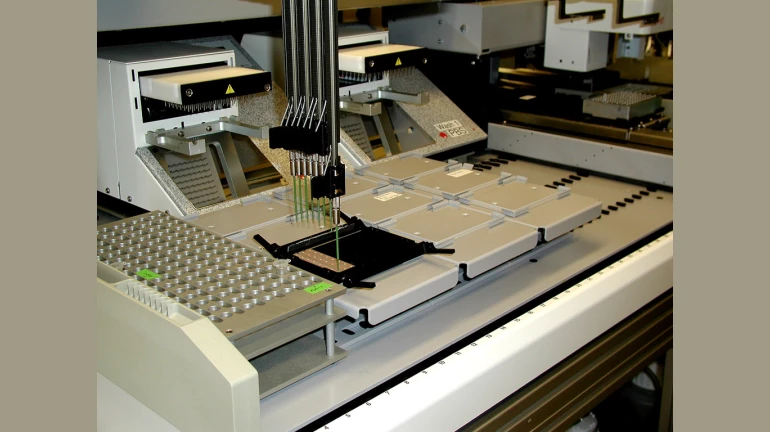
A symposium on developments in biological molecules research will be held at the Indian Institute of Technology Bombay (IIT-B) on November 12. The event will focus on advanced protein analysis, which would be helpful in diagnosing diseases.
The symposium will see the inauguration of India's first TIMSTOF 4D-proteomics setup with EvoSep chromatography. This new setup uses trapped ion mobility spectrometry for protein analysis.
In simple words, the technology will consider mass, ion mobility, and time-based data to analyse protein. It will provide accurate information of proteins, which will speed up biomarker discovery and give a better understanding of diseases. The technology will help in the development of more treatments.
The system will focus on early detection and prevention in cancer, maternity and child health, and general preventive wellness. In cancer research, it helps track tumour changes and other biomarkers. It supports adaptive treatment strategies.
The method offers a new approach to protein research by adding a time-based study. It allows researchers to track molecular changes over time. In maternal and child health, it can help monitor time-sensitive biomarkers. This could lead to earlier interventions and better outcomes for both mothers and their children.
The event, titled "Pioneering the Future of Healthcare and Diagnostics Using 4D Omics," is organised by the Proteomics Lab within the Department of Biosciences and Bioengineering at IIT-B. The one-day event will gather experts and leaders to discuss how this technology is advancing diagnostics and personalised treatment.
The symposium will feature speakers, including Dr. Judith Steen from Harvard Medical School. The chief speaker will be Dr. Balram Bhargava, former Director General of the Indian Council of Medical Research (ICMR).
In another news, the Indian Institute of Technology Delhi (IIT-D) has surpassed IIT-Bombay in the "QS World University Rankings: Asia 2025," becoming the top-ranked institution in India. This reason its increased number of PhD-holding faculty and other category gains.





